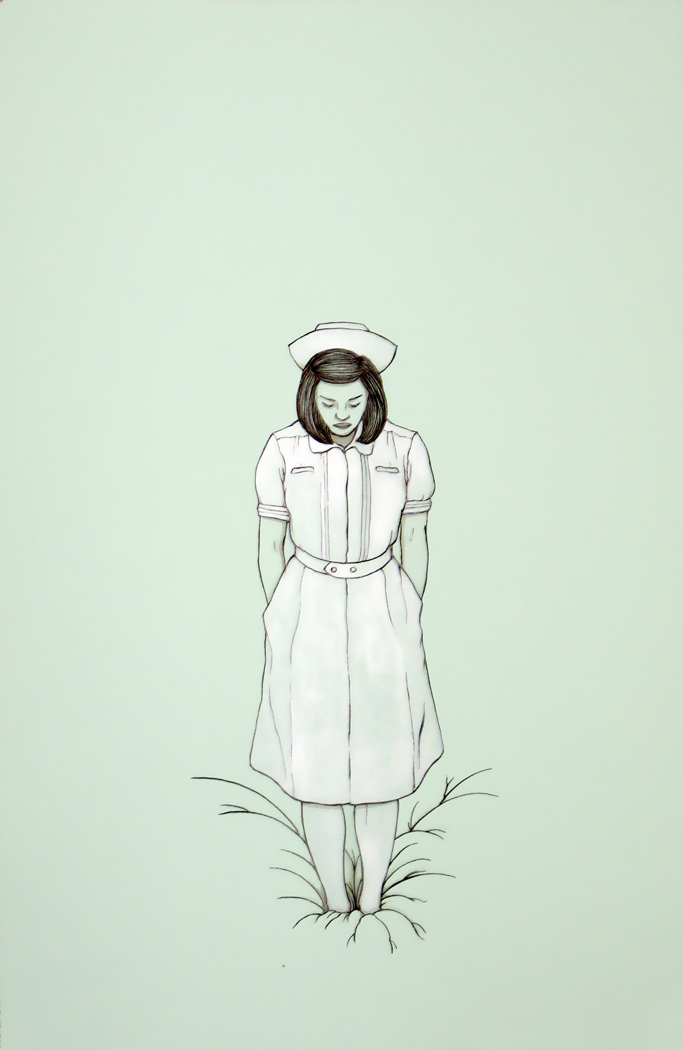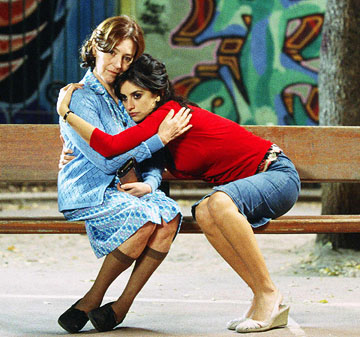
It’s frustrating and soul corroding when friends, family members, co-workers, even doctors shower you with stupid comments about your disease. And it’s even worse to think of the perfect comeback three hours later when you are laying in bed. Venting online with like minded patients about how we’d like to smack these people is all fine and dandy. But, I’m actually more interested in realistic responses that will make us feel better.
I’ve started trying to turn these situations around. Here’s an example: A friend recently said: “You gotta think positively and it will make your test results come out okay.” I replied in a really nice tone: “I know, I hope everything is okay. But did you know that studies show positive thinking doesn’t really impact cancer growth? I guess I usually just let myself feel nervous and then deal with the results when I get them.” She was surprised to learn this piece of information, became even more interested in what I was actually feeling and going through, and we had a cool conversation. So, here’s what I’ve learned to include in my comebacks. I know this all may sounds a bit therapisty - so forgive me:
I get friendly instead of confrontational. Being a smart-ass only shuts the door. I think of my response as an invitation to more conversation, rather than a statement that will put someone in their place.
I try to teach them one thing about my life, my illness, or my reality. Not a lecture, but just one little nugget of info that helps them better understand what my life is actually like.
I start by saying something simple like: “Actually, that’s interesting I have the opposite experience…”
Does this work with everyone? No. There are some people I don’t have the energy or desire to deal with. With these folks, I just note in my head, “This person’s so wacko I don’t really care what they have to say.”
What are there smartest, most useful responses that you’ve said (or could have said) to people’s stupid comments? Am I full of it or do you think my ideas are actually applicable to situations you find yourself in?
![]()
![]()



 “Everything Changes is, without doubt, the most forthright, emotionally sophisticated, and plain-old valuable book of its kind I've seen.”
“Everything Changes is, without doubt, the most forthright, emotionally sophisticated, and plain-old valuable book of its kind I've seen.”












